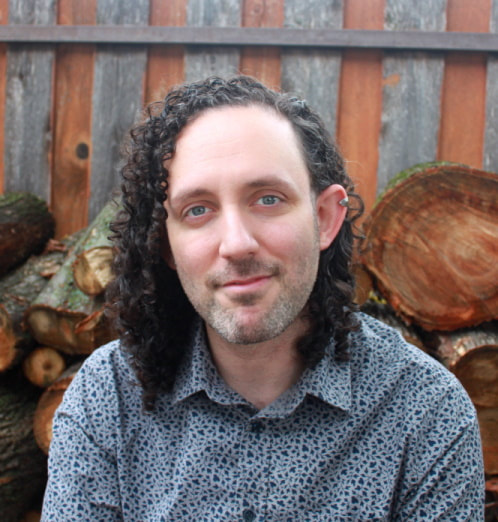Early in my counseling career, when I was still a student, I had a session that I'll never forget. I was sitting in the room with a teenage boy and his mother. He may have been the first teenager I ever worked with—I don't remember for sure. But either way, I was self-conscious, nervous, and inexperienced. That boy looked me square in the eye, smirked, and said, "So, what good is counseling, anyway?" And then his mother, the very person who had brought him there in the first place, leaned back, crossed her arms, and smirked too. I honestly do not remember how I answered (I wish I did!). But somehow, despite being wet behind the ears, I gave an answer that meant something to him. And not only did he come back to see me, but he disclosed some really hard things about his life—things that he had never told anyone else.
His question was a right one. An important one. What good is counseling? Why do I pour so much of myself into doing it? There's not a simple answer to that question. I could tell you that I grew up in a family that valued helping others. I could tell you that my temperament predisposes me toward being empathetic and caring. I could tell you about my uncle, who is a retired therapist himself, and who had a big influence on me. But I think that more than anything else, what keeps me passionate about therapy is the stories. Stories of people like that teenage boy who challenged me almost a decade ago. I am privileged to be trusted with stories that most people don't get to hear, and I get to be a part of those stories (however small a part that may be). I cannot ignore what I have learned from the children, teenagers, and adults who have shared their stories with me. And I cannot ignore the pain, longing, and hope that colors those stories. Ultimately, this is how I see it: if I know a problem exists and I have the skills to make it better, I cannot be happy with myself unless I am doing something to make it better. So that's what I try to do. What's your story?
His question was a right one. An important one. What good is counseling? Why do I pour so much of myself into doing it? There's not a simple answer to that question. I could tell you that I grew up in a family that valued helping others. I could tell you that my temperament predisposes me toward being empathetic and caring. I could tell you about my uncle, who is a retired therapist himself, and who had a big influence on me. But I think that more than anything else, what keeps me passionate about therapy is the stories. Stories of people like that teenage boy who challenged me almost a decade ago. I am privileged to be trusted with stories that most people don't get to hear, and I get to be a part of those stories (however small a part that may be). I cannot ignore what I have learned from the children, teenagers, and adults who have shared their stories with me. And I cannot ignore the pain, longing, and hope that colors those stories. Ultimately, this is how I see it: if I know a problem exists and I have the skills to make it better, I cannot be happy with myself unless I am doing something to make it better. So that's what I try to do. What's your story?


